Travel isn’t just about seeing new places — it’s about connecting with the people who call those places home. One of the most impactful ways to support local communities and take home meaningful memories is by buying locally when you travel. Whether you’re purchasing fresh ingredients from a market, taking a hands-on workshop, or chatting with artisans about their crafts, you’ll find that shopping locally leads to experiences and souvenirs you can’t get anywhere else.
Here’s our detailed guide on how to shop thoughtfully and make your travels truly special.
Visit Farmers’ Markets in Florence
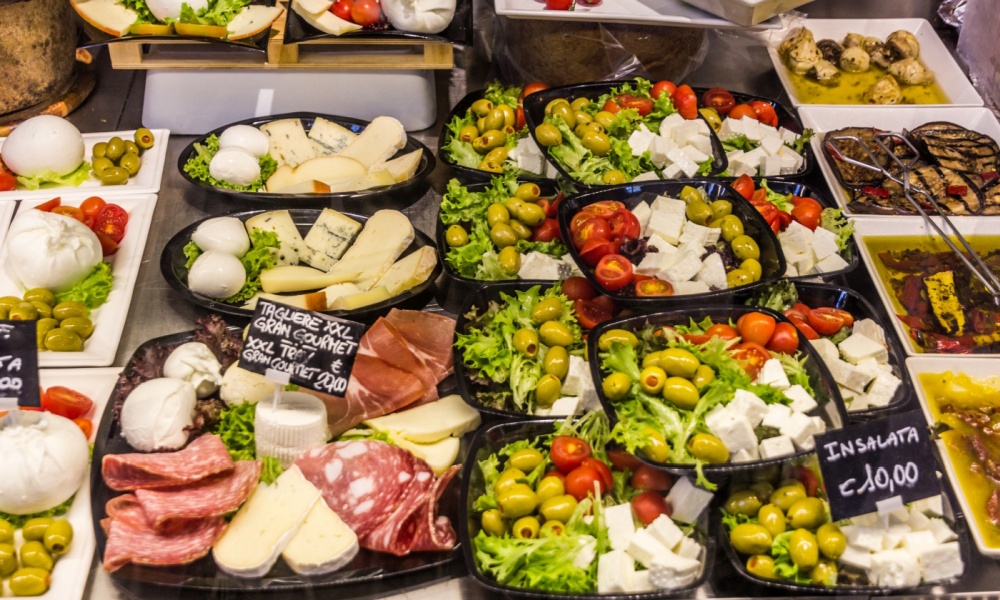
Florence is a city that knows how to showcase its regional produce, and nowhere is this clearer than at Mercato Centrale. Located in the San Lorenzo neighborhood, this market has been serving locals since 1874. On the ground floor, you’ll find vendors offering fresh vegetables, cured meats like prosciutto, and Tuscan staples like pecorino cheese. If you’re looking for specific items to bring home, consider jars of truffle-infused honey or vacuum-sealed packs of artisanal pasta.
Don’t miss the upstairs area, where modern food stalls serve freshly prepared dishes. Grab a porchetta sandwich or sit down with a glass of Chianti at the wine bar. For the best experience, visit early in the morning when the market is bustling with locals buying their daily ingredients.
Explore Specialty Stores in Marrakech

Marrakech’s medina — the historic walled area of the city — is a maze of souks, or markets, each specializing in different handmade goods. For authentic Berber rugs, head to Rahba Kedima Square, where you can find handwoven carpets crafted by artisans from the Atlas Mountains. If pottery is more your style, the Kasbah district is known for its contemporary take on Moroccan ceramics, blending traditional patterns with modern aesthetics.
For spices, a visit to Herboristerie Bab Agnaou is a must. The knowledgeable shopkeepers here can explain the uses of ras el hanout, saffron, and dried rosebuds while packaging them in airtight containers for travel. Shopping in these specialty stores supports craftspeople and ensures that your purchases are both high-quality and ethically sourced.
Join a Food Tour in Tokyo
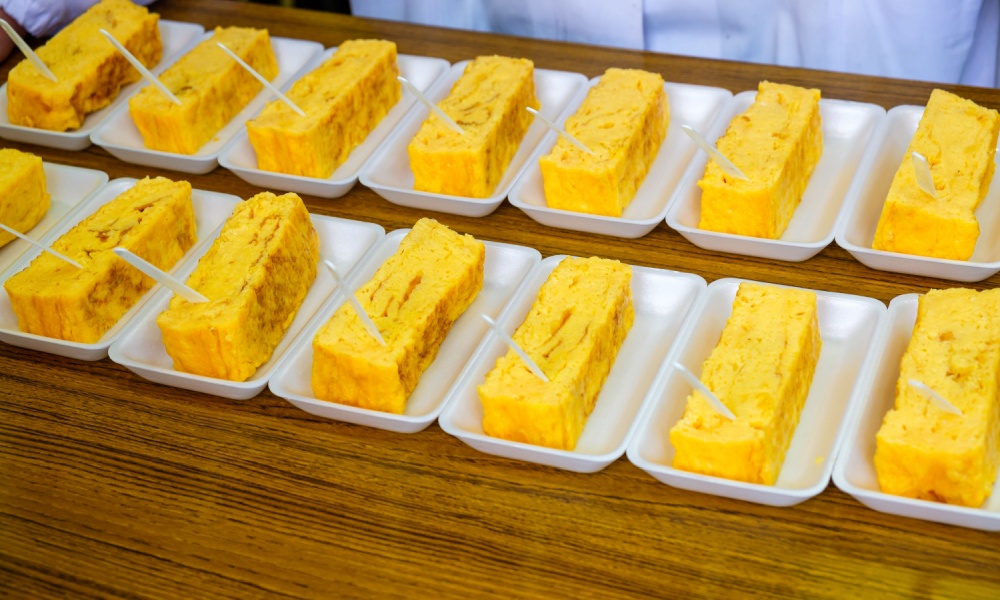
Tokyo’s food culture is legendary, but it can be overwhelming for first-time visitors. That’s where a guided food tour can make all the difference. Make sure you choose a tour that takes you through the Tsukiji Outer Market. You’ll enjoy delicious items like fresh sushi, grilled scallops, and tamagoyaki (Japanese omelet).
For a more off-the-beaten-path experience, consider a tour in the Yanaka neighborhood. Yanaka is one of Tokyo’s older districts, where you’ll find family-run shops selling monaka (sweet rice wafers) and tsukemono (pickled vegetables). Guides often include stops at tea houses, where you can enjoy matcha paired with wagashi sweets, making the experience both educational and delicious.
Go Local in Mexico City
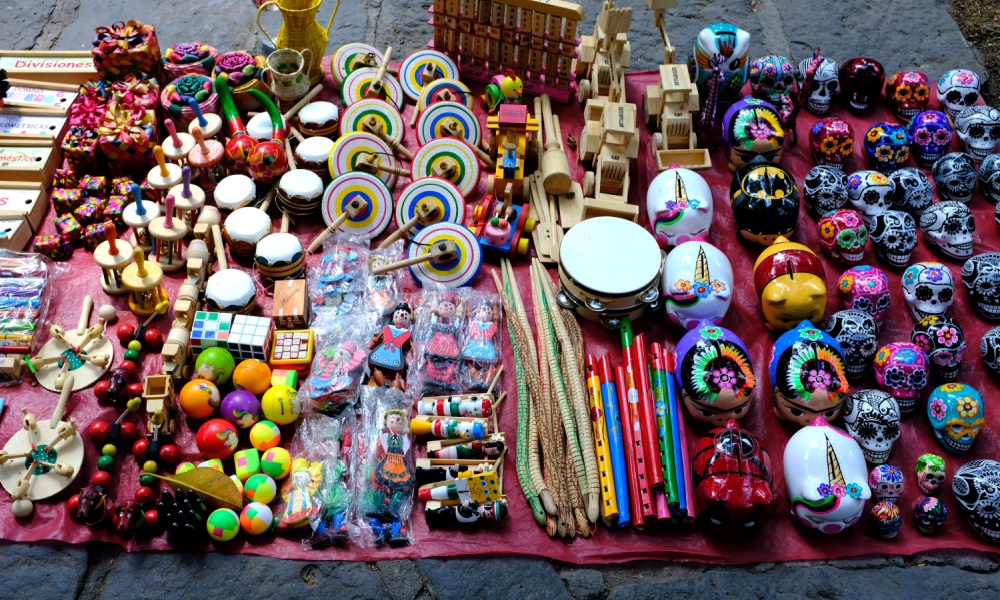
Coyoacán, one of Mexico City’s most charming neighborhoods, is a hotspot for local markets and artistic inspiration. Start at Mercado de Coyoacán, where vendors sell everything from embroidered blouses to fresh tamales. The market is also famous for its churros — crispy, golden, and rolled in cinnamon sugar.
Strike up a conversation with the artisans at Galería de Arte Popular Mexicano, a small store tucked near Plaza Hidalgo. Here, you can learn about traditional crafts like alebrijes (colorful folk art sculptures) and papel picado (decorative paper banners). Locals are often eager to share the stories behind their creations, giving you a deeper appreciation for your purchases.
Take Workshops in Bali
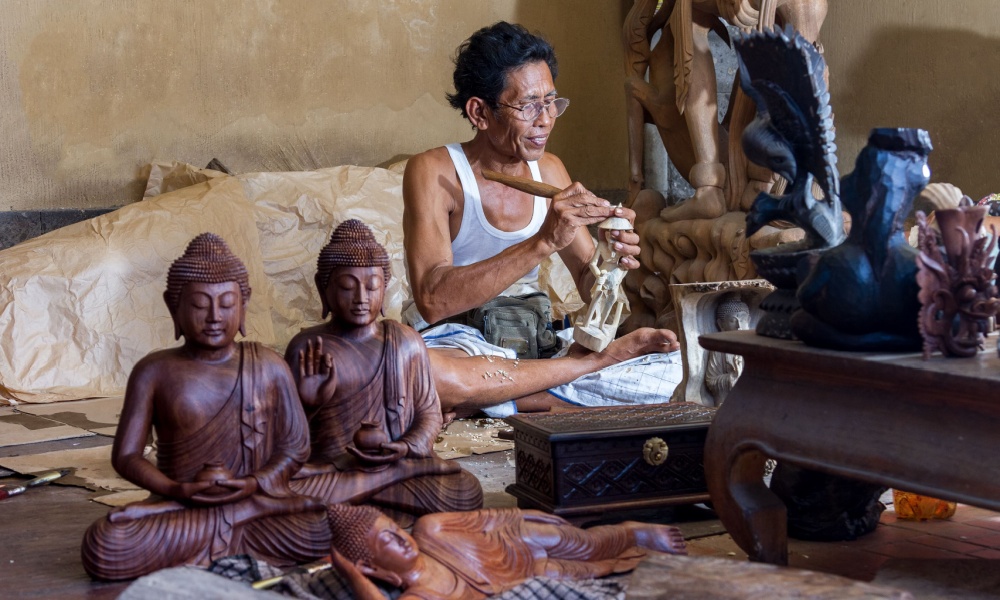
Ubud is Bali’s artistic hub, offering a range of workshops in which visitors can try their hand at traditional crafts. Nyoman Warta’s Batik Class, located on Jalan Gautama, provides a hands-on introduction to batik painting, a traditional art form that uses wax to form patterns on fabric, then uses dye to color the parts that aren’t covered in the wax. Participants can create their own patterns, apply wax, and dye their creations, leaving with a wearable piece of art.
For those interested in wood carving, there are galleries that host small group classes in Mas Village, known as Bali’s center for woodcraft. Local artisans guide you through the process of carving intricate designs into teak or mahogany, explaining the spiritual significance of certain motifs. These workshops not only give you a tangible souvenir but also a sense of accomplishment and connection to Balinese traditions.
Visit a Local Farm in Austin

For travelers to Texas who want to dig deeper into Austin’s local scene, taking a farm-to-table tour can be a game changer. One standout option is Boggy Creek Farm, just a short drive from downtown. This historic urban farm allows visitors to pick seasonal produce and learn about sustainable farming practices. Shop for just-picked veggies, farm-fresh eggs, local honey, and handmade goodies — all while soaking in the farm’s rustic vibe. Wander the grounds, check out the hen house, and experience a slice of Austin history, all in one visit.
If you’re interested in hands-on activities, look for workshops led by local creatives. For example, Austin Creative Reuse offers craft workshops using upcycled materials, perfect for eco-conscious travelers. Whether you’re hunting for fabric, paint, or even random cool stuff you didn’t know you needed, Austin Creative Reuse has it all. It’s eco-friendly, inspiring, and a whole lot of fun. Swing by, get crafty, and feel good about keeping materials out of landfills.
Support Small Businesses in Lisbon
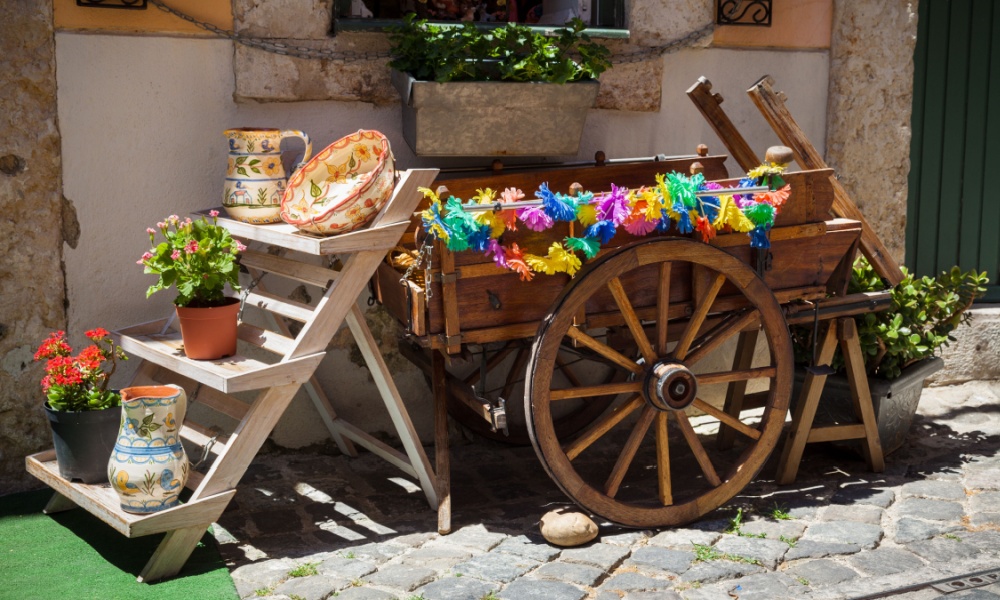
Lisbon’s Alfama district boasts dozens of small shops that highlight Portuguese craftsmanship. Start at A Vida Portuguesa, a boutique that curates traditional Portuguese products like hand-embroidered linens and artisanal soaps. Their collection of canned sardines, packed in colorful tins, makes for an excellent gift or keepsake.
For handmade jewelry, visit Luvaria Ulisses, a tiny glove shop dating back to 1925. Each piece is made on-site using locally sourced leather. While exploring Alfama, take a detour to Cerâmicas na Linha, a ceramic studio where you can purchase beautifully painted tiles (azulejos) directly from the artist. By supporting these businesses, you contribute to Lisbon’s rich heritage while taking home some beautiful and rare items.
You May Also Like: How to Be a Socially Conscious & Sustainable Traveler on Your Next Trip
Shop for Souvenirs in Chiang Mai

Chiang Mai in Thailand is a paradise for shoppers looking for meaningful souvenirs. The Saturday Night Market, stretching along Wualai Road, is a great place to find handcrafted goods. Look for vendors selling indigo-dyed scarves, silver jewelry, and handmade soaps infused with lemongrass.
For a quieter shopping experience, visit Baan Tawai Village, just outside the city. Known as the “Handicraft Village,” the Baan Tawai Village is home to workshops specializing in lacquerware, wood carving, and traditional textiles. Many artisans here are happy to demonstrate their craft, allowing you to see the care and skill that goes into each piece. Buying directly from these workshops ensures your money supports the people behind the work.
FAQs:
Q: How can I tell if a product is genuinely local or mass-produced?
A: Look for signs of handcrafting, talk to the seller about the product’s origin, and avoid items with labels indicating mass production. Authentic local goods often have unique imperfections that distinguish them from factory-made items.
Q: Is it better to pay with cash or card when buying locally?
A: In many local markets and small shops, cash is preferred. However, larger workshops or boutiques may accept cards. Always carry small denominations for easier transactions.
Q: How can I pack fragile items like pottery or glassware?
A: Wrap them in soft clothing or bubble wrap, place them in the center of your suitcase, and surround them with other items for cushioning. For very delicate pieces, consider shipping them home.
Q: Are there customs restrictions on bringing local products home?
A: Yes, restrictions vary by country. For example, food items like meat, cheese, or fresh produce are often prohibited. Always check your destination’s customs regulations before making purchases.
Q: What’s a good way to find local workshops or tours before arriving?
A: Research local tourism websites. Social media and travel forums are also great places to discover recommendations from fellow travelers.
Q: Can I negotiate prices when shopping locally?
A: Negotiating is common in markets and souks but should be done respectfully. Start with a counteroffer close to the asking price, and aim for a fair deal for both you and the vendor.
Do you have any tips on shopping ethically while traveling around the world? Let us know in the comments section!




Leave a Reply